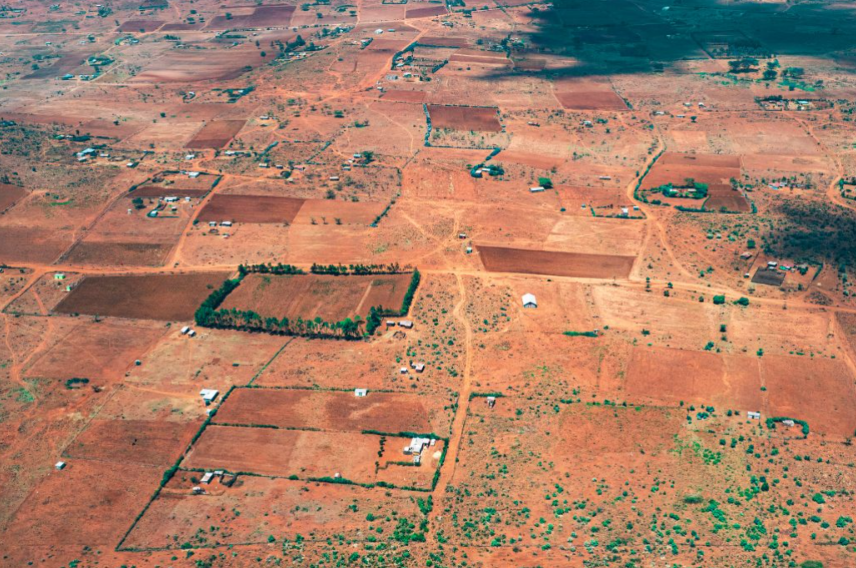
Exhibition time: 17-19 March, 2026 Shanghai, China
 中文
中文

Exhibition time: 17-19 March, 2026 Shanghai, China
 中文
中文

African farmers are increasingly attributing soil degradation to chemical fertilizers, which they claim have led to acidic soils and decreased crop yields. Benson Wanjala, a farmer in western Kenya, has witnessed his maize production plummet from 200 bags to just 30 bags over 25 years. He describes his once fertile soil as nearly lifeless.
Kenya introduced a fertilizer subsidy in 2008 to make chemical fertilizers more accessible to small-scale farmers. However, the Agriculture Ministry reports that 63% of Kenya’s arable land is now acidic, causing declines in staple crops like maize and exports such as horticulture and tea. The Food and Agriculture Organization noted a 4% decrease in maize production in 2022 but did not specify causes.
A recent scandal involving counterfeit fertilizer has further eroded trust. In April, farmers received quarry dirt mislabelled as fertilizer through a national subsidy program. President William Ruto promised compensation to the affected 7,000 farmers.
Africa faces growing challenges in soil health and food security. Despite having 65% of the world’s uncultivated arable land, the continent spends approximately $60 billion annually on food imports, projected to rise to $110 billion by 2025 due to increasing demand and changing consumption patterns, according to the African Development Bank.
In response, Kenya hosted an Africa-wide soil health summit in May to address declining production and climate change. Stephen Muchiri, executive director of the Eastern Africa Farmers Federation, urged a return to traditional farming practices to restore soil health. He advocated for crop rotation and minimal soil disturbance, highlighting that “inorganic fertilizers were never meant to be the foundation of crop production.”
Bridget Mugambe, program coordinator for the Alliance for Food Sovereignty in Africa, called for phasing out chemical fertilizers, stating, “Soil health goes beyond the quick fixes provided by chemical fertilizers.”
The African Union, which recommended increased chemical fertilizer use in 2006, has adopted a 10-year plan to boost investment in both organic and chemical fertilizers. The AU commissioner for agriculture, Josefa Leonel Correia Sacko, emphasized that Africa loses over $4 billion in soil nutrients annually.
Kenya’s reliance on imported fertilizers, mainly from the European Union, Saudi Arabia, and Russia, complicates the issue. John Macharia, Kenya manager for the Alliance for a Green Revolution in Africa, stressed the importance of working with the government to ensure quality fertilizers and recommended soil analysis to guide appropriate fertilizer use.
Declining soil quality is a widespread concern across Africa. In Zimbabwe, 70% of soils are acidic, partly due to the misuse of chemical fertilizers. Wonder Ngezimana, a crop science professor at Marondera University of Agricultural Sciences and Technology, highlighted traditional practices of adding organic manure to improve soil fertility. However, recent droughts have left many Zimbabwean farmers without cattle, limiting organic matter production.
AGRA recommends soil acidity testing and lime application to reverse high acidity, but farmers find these solutions costly. Soil testing services range from $20 to $40, and many farmers, like Wanjala, struggle with expenses for manure and seeds.
The African continent must address soil health to ensure food security and sustainable agriculture.
Source:FertilizerDaily